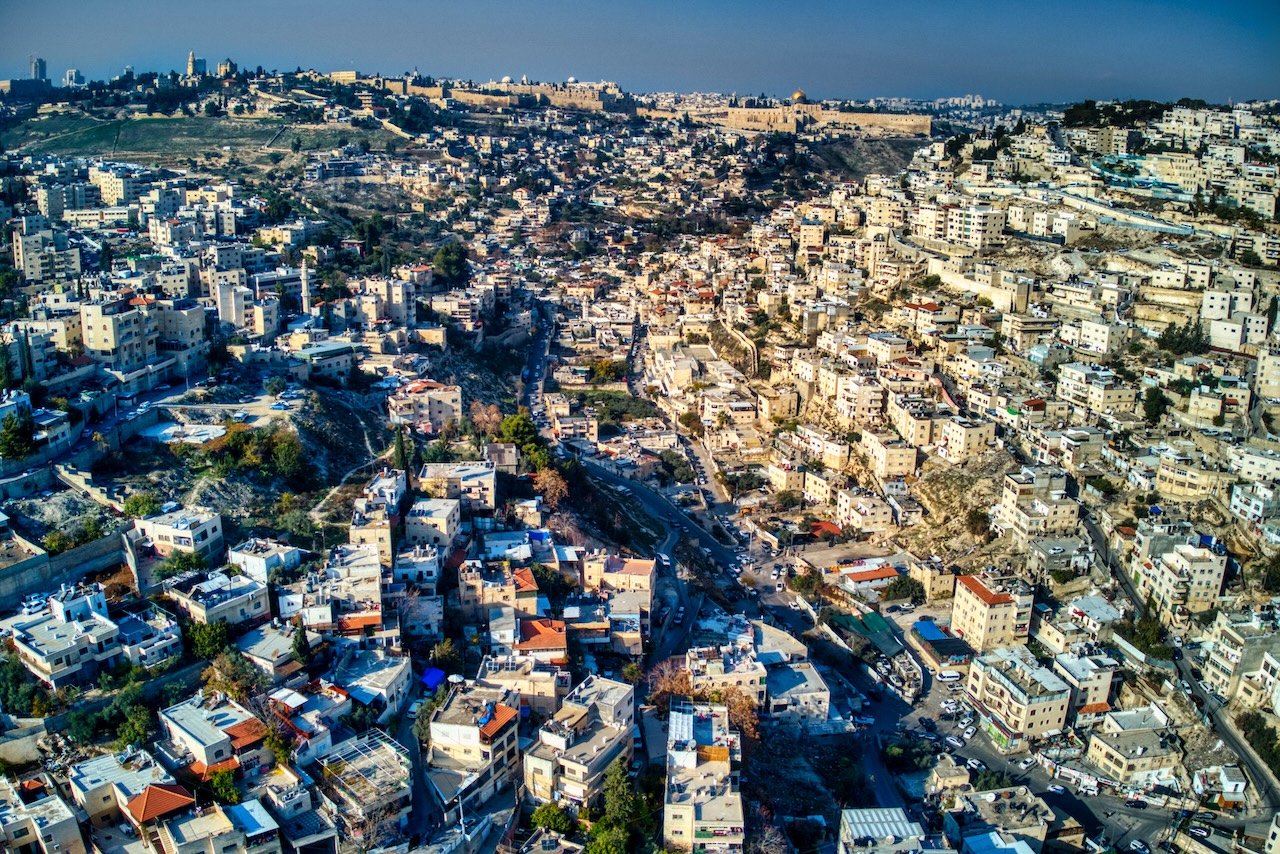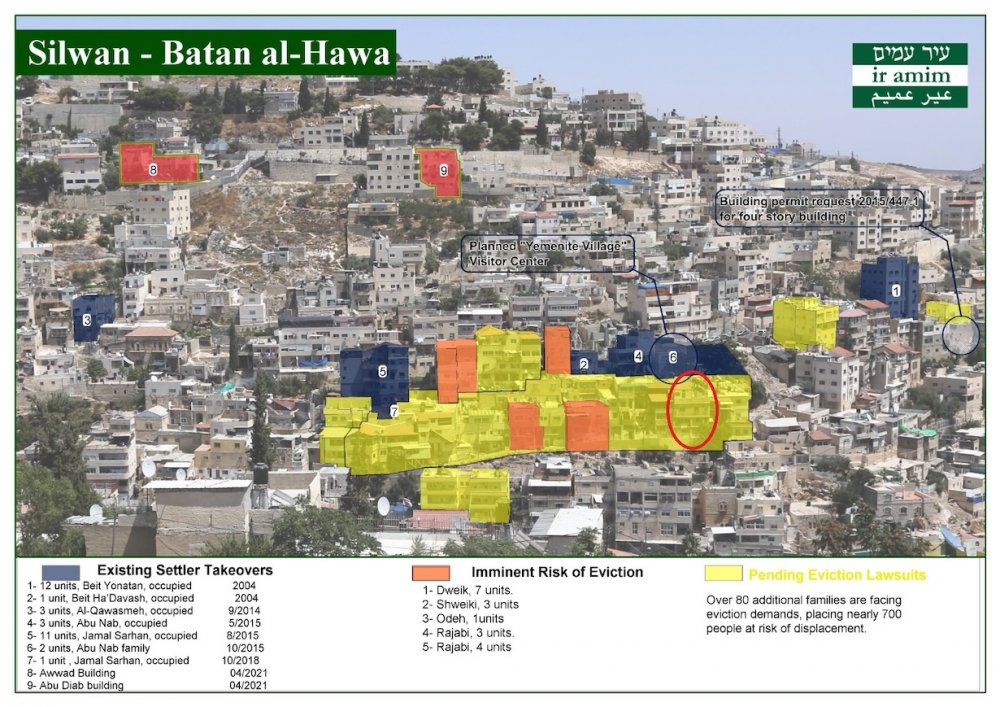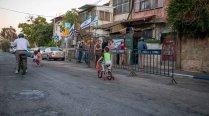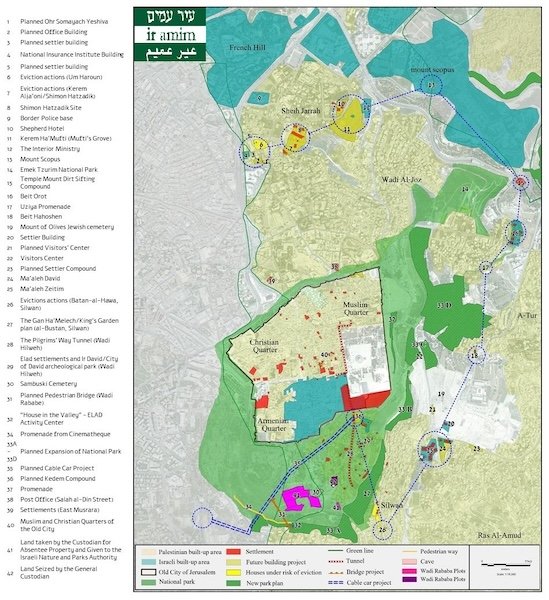At the time of writing, the family had not received a final expulsion notice from the Execution System within Israel’s Law Enforcement and Collection System Authority. This office handles the execution of such orders. According to Kawar, when the family receives the notice, they will ask the office not to execute it.
“Maybe they can buy some more time and ask for another motion,” Hagit Ofran, codirector of Peace Now’s Settlement Watch Project, said during the Israeli activist group’s emergency Zoom meeting on the situation in Batn al-Hawa.5 “If there is no political intervention, they might, in a few weeks, be kicked out of their house.”
Kawar added that Ateret Cohanim may intervene as they’ve previously done.
“We expect that the settlers will address the Execution Office and ask them to execute the evacuation order,” Kawar said during the meeting.6
Zoheir Rajabeh, a Batn al-Hawa resident whose family home has also long been under threat of expulsion, told Jerusalem Story that his family lives in constant fear.
“The family is absolutely terrified all the time,” Rajabeh told Jerusalem Story.7 “The settlers might just come attack them and take the building by force without any police with them or without any legal process that would at least allow safety for the family to evacuate.”
Rajabeh, who oversees the Batn al-Hawa committee, said this ruling sets a precedent for the 87 other families also facing expulsion in the Batn al-Hawa area of Silwan.
“Once this evacuation happens, it is like a domino, and many more expulsions will happen,” Rajabeh said. “It’s a case of fear, it’s a case of devastation, and everybody knows that today the legal situation of protecting people to stay in their places is more difficult and more dangerous.”






